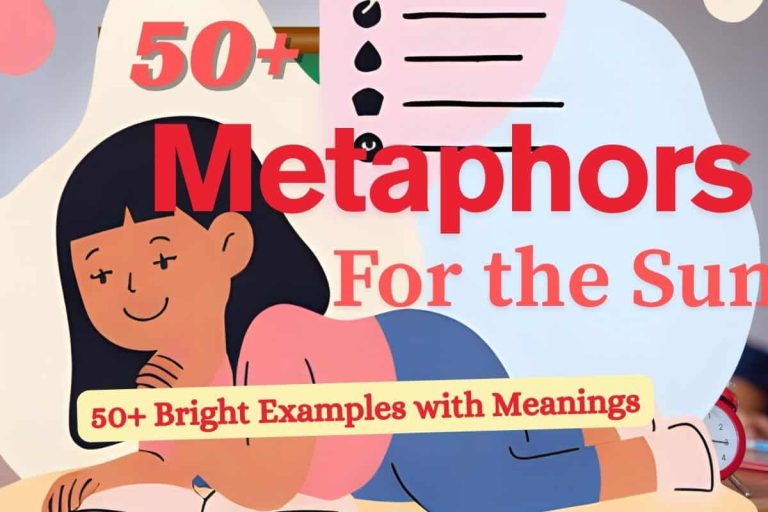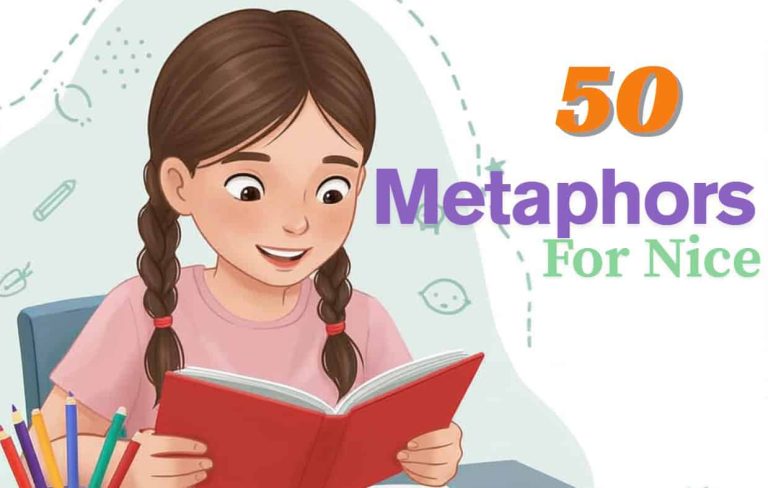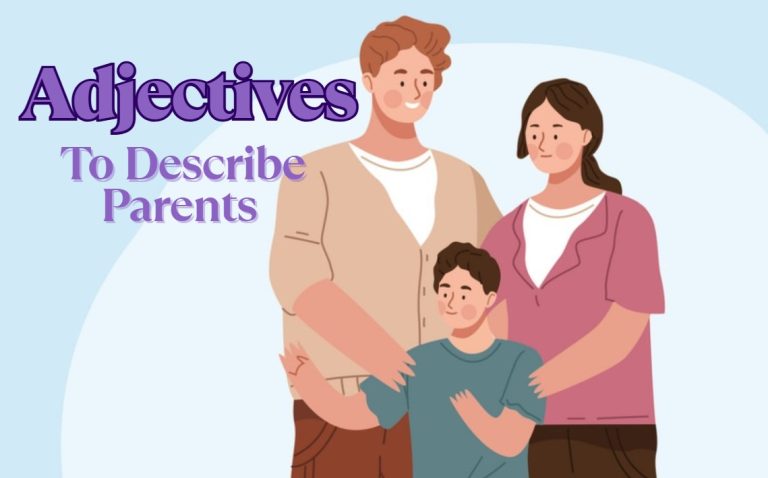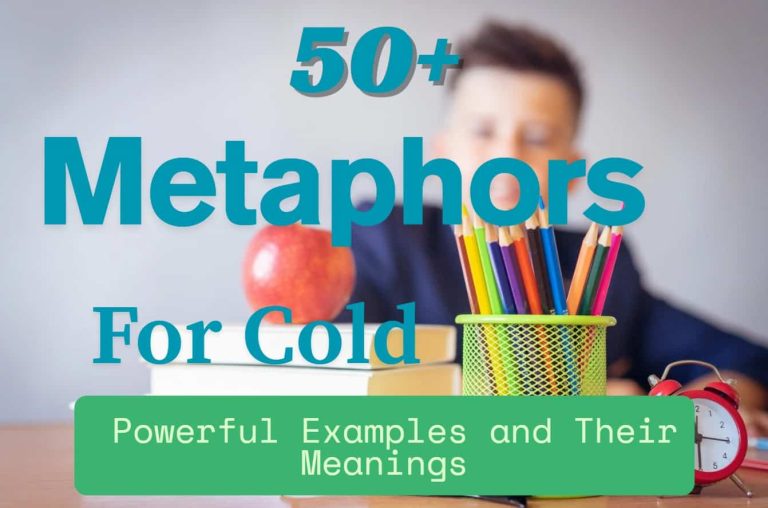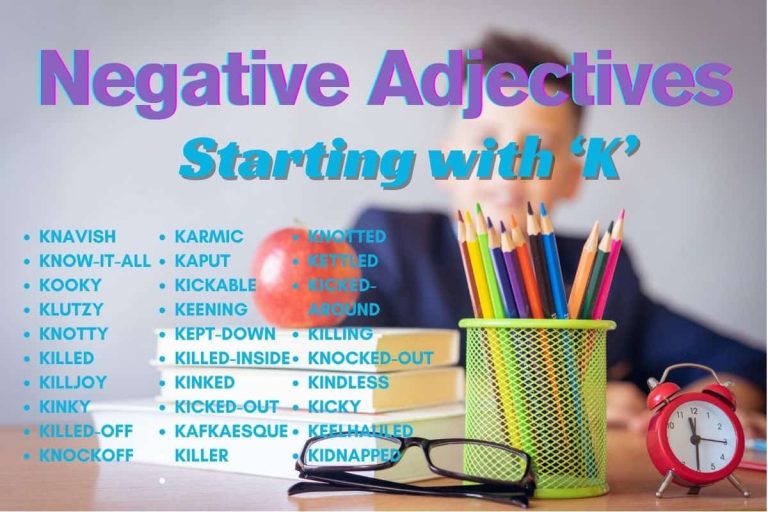Negative Adjectives That Start With ‘Y’: 40+ Examples
Negative adjectives starting with ‘y’ are relatively rare in English but serve to describe things that are unpleasant, unsophisticated, or undesirable. They function like any other adjective, modifying nouns or pronouns to provide more information about them.
In essence, these adjectives add color and specificity to negative descriptions, helping us express nuanced disapproval or distaste. Understanding and using these words correctly can significantly improve the precision and impact of your communication.
This article provides a detailed exploration of negative adjectives beginning with ‘y’, their definitions, usage, and practical examples, suitable for English language learners of all levels seeking to enhance their vocabulary and grammatical accuracy.
A list of Negative Adjectives Starting with Y
To fully understand the use of negative adjectives starting with ‘y’, let’s examine several examples in different contexts. These examples will illustrate how the adjectives modify nouns and express negative qualities.
Yokelish Examples
The following table provides examples of how “yokelish” can be used in sentences to describe various aspects of behavior, appearance, and speech.
| Sentence | Explanation |
|---|---|
| His yokelish accent made it difficult to understand him. | The accent is described as unsophisticated and rural. |
| She found his yokelish manners quite off-putting. | The manners are described as unrefined and characteristic of a rural person. |
| The play portrayed the characters with yokelish simplicity. | The simplicity is described as naive and unsophisticated. |
| His yokelish attire stood out in the sophisticated city. | The attire is described as rustic and out of place. |
| The comedian’s yokelish jokes fell flat with the urban audience. | The jokes are described as unsophisticated and not appealing to a city audience. |
| Despite his success, he never lost his yokelish charm. | Even with success, he retained his rustic appeal. |
| The professor criticized the student’s yokelish understanding of the complex theory. | The understanding is described as naive and lacking depth. |
| Her yokelish behavior at the formal event was quite embarrassing. | Her behavior was unsophisticated and inappropriate for the setting. |
| The movie depicted the villagers in a yokelish light. | The villagers were shown as unsophisticated and simple. |
| His yokelish comments revealed his lack of exposure to different cultures. | The comments showed his naivety and limited cultural awareness. |
| The city dwellers laughed at their yokelish ways. | The city dwellers mocked their rustic habits. |
| He tried to hide his yokelish origins, but it was evident. | He attempted to conceal his rural background, but it was obvious. |
| The yokelish dialect was difficult for outsiders to comprehend. | The rural dialect was challenging for non-natives to understand. |
| Her yokelish perspective on global issues was quite narrow. | Her view on global matters was unsophisticated and limited. |
| The author used yokelish characters to represent the common folk. | The author portrayed rural individuals as typical citizens. |
| The yokelish simplicity of the artwork was surprisingly appealing. | The naive simplicity of the artwork was unexpectedly charming. |
| His yokelish approach to problem-solving was surprisingly effective. | His rustic method of solving problems was surprisingly efficient. |
| The yokelish atmosphere of the small town was comforting. | The unsophisticated ambiance of the small town was reassuring. |
| Despite his intelligence, he sometimes displayed yokelish tendencies. | Despite his smarts, he occasionally showed unsophisticated traits. |
| The yokelish charm of the countryside was a welcome change from the city. | The rustic appeal of the countryside was a pleasant contrast to the city. |
| His yokelish jokes were funny, but sometimes inappropriate. | His rural jokes were amusing, but occasionally unsuitable. |
| The yokelish clothing was out of place at the elegant party. | The rustic attire was inappropriate for the sophisticated gathering. |
| Her yokelish naivety made her an easy target for scams. | Her rural innocence made her vulnerable to deception. |
| The yokelish honesty of the man was refreshing. | The rustic integrity of the man was revitalizing. |
| His yokelish pride in his farming heritage was admirable. | His rustic pride in his agricultural background was commendable. |
| The politician tried to appeal to voters with his yokelish persona. | The politician attempted to attract voters with his rural image. |
Yucky Examples
The following table demonstrates how “yucky” is used in sentences to describe things that are disgusting, unpleasant, or distasteful.
| Sentence | Explanation |
|---|---|
| The food tasted yucky, so I didn’t eat it. | The food had an unpleasant taste. |
| The smell was so yucky that I had to hold my nose. | The smell was disgusting and offensive. |
| The texture of the slime was yucky. | The slime had an unpleasant texture. |
| “That’s yucky!” the child exclaimed, refusing to touch the vegetable. | The child expressed strong distaste for the vegetable. |
| The old milk had a yucky smell. | The milk had a disgusting odor due to being old. |
| The medicine tasted yucky, but I had to take it. | The medicine had an unpleasant taste, but consumption was necessary. |
| The mud felt yucky between my toes. | The mud had an unpleasant sensation. |
| The garbage can smelled yucky. | The garbage can emitted a disgusting smell. |
| The spilled juice had a yucky, sticky residue. | The juice left a gross and adhesive substance. |
| “Don’t eat that; it looks yucky!” she warned. | She advised against eating it due to its unappealing appearance. |
| The pond water looked yucky and murky. | The pond water appeared disgusting and unclear. |
| The leftovers from last week smelled yucky. | The week-old leftovers emitted a disgusting odor. |
| The dirty diaper had a yucky smell. | The soiled diaper smelled revolting. |
| The spoiled fruit had a yucky texture. | The rotten fruit felt disgusting to the touch. |
| The cleaning solution had a yucky chemical odor. | The cleaning product emitted a revolting chemical smell. |
| The puddle of unknown liquid looked yucky. | The pool of unidentified fluid appeared disgusting. |
| The mold growing in the corner looked yucky. | The mold developing in the corner appeared revolting. |
| The insect looked yucky with its hairy legs. | The insect appeared disgusting with its hairy appendages. |
| The burnt food had a yucky taste. | The charred food tasted disgusting. |
| The swamp had a yucky, stagnant smell. | The swamp emitted a disgusting, stale odor. |
| The forgotten sandwich in the locker smelled yucky. | The neglected sandwich in the locker emitted a disgusting odor. |
| The discarded gum on the sidewalk looked yucky. | The abandoned chewing gum on the pavement appeared disgusting. |
| The compost heap had a yucky, earthy smell. | The compost pile emitted a disgusting, soil-like odor. |
| The old bandages in the trash can looked yucky. | The used bandages in the garbage can appeared disgusting. |
| The smoothie tasted yucky because of the rotten banana. | The smoothie tasted disgusting due to the spoiled banana. |
| The playground slide felt yucky after the rain. | The playground slide felt disgusting after the rainfall. |
Usage Rules
Using negative adjectives starting with ‘y’ correctly involves understanding their specific meanings and connotations. Here are some guidelines:
- Yokelish: Use this adjective to describe behaviors, appearances, or speech that lack sophistication and are characteristic of rural or unsophisticated people. Be mindful of its potentially derogatory connotation.
- Yucky: Use this adjective informally to describe something disgusting or unpleasant. It is appropriate in casual conversations but may not be suitable for formal writing or speech.
Understanding the context in which you are using these adjectives is crucial to ensure that your communication is effective and appropriate. Overusing these adjectives, like any other, can diminish their impact, so use them judiciously.
Common Mistakes
Even with a good understanding of grammar, it’s easy to make mistakes. Here are some common errors when using negative adjectives starting with ‘y’:
| Incorrect | Correct | Explanation |
|---|---|---|
| He had a yucky intelligence. | He had a yokelish understanding. | “Yucky” is typically used for physical sensations, not intellectual qualities. |
| The sophisticated city had a yokelish vibe. | The unsophisticated countryside had a yokelish vibe. | “Yokelish” is more appropriate for describing rural environments, not sophisticated cities. |
| The perfume smelled yokelish. | The perfume smelled yucky. | “Yokelish” describes a lack of sophistication, not an unpleasant smell. |
| She had a yucky charm. | She had a yokelish charm. | “Yucky” doesn’t describe charm, whereas “yokelish” can describe a rustic or naive charm. |
Practice Exercises
To reinforce your understanding of negative adjectives starting with ‘y’, complete the following exercises.
Exercise 1: Fill in the Blanks
Fill in the blanks with the appropriate adjective: “yokelish” or “yucky.”
| Question | Answer |
|---|---|
| 1. The _______ smell of the garbage made me gag. | yucky |
| 2. His _______ manners were out of place at the formal dinner. | yokelish |
| 3. The _______ taste of the spoiled milk was unbearable. | yucky |
| 4. The _______ simplicity of the folk song was endearing. | yokelish |
| 5. The mud had a _______ texture that I didn’t like. | yucky |
| 6. His _______ accent was a clear indication of his rural upbringing. | yokelish |
| 7. The _______ smell of the gym socks made me want to leave the room. | yucky |
| 8. Her _______ behavior at the opera was quite embarrassing. | yokelish |
| 9. The _______ taste of the expired medicine made me grimace. | yucky |
| 10. The _______ charm of the countryside was a welcome change from the city. | yokelish |
Exercise 2: Sentence Transformation
Rewrite the following sentences using either “yokelish” or “yucky” to add a negative connotation.
| Original Sentence | Rewritten Sentence |
|---|---|
| 1. The food tasted bad. | The food tasted yucky. |
| 2. His manners were unsophisticated. | His yokelish manners were off-putting. |
| 3. The smell was unpleasant. | The smell was yucky. |
| 4. Her accent was rural. | Her yokelish accent was difficult to understand. |
| 5. The texture was disgusting. | The texture was yucky. |
| 6. His behavior was unrefined. | His yokelish behavior was quite embarrassing. |
| 7. The medicine tasted awful. | The medicine tasted yucky. |
| 8. The jokes were unsophisticated. | The yokelish jokes fell flat. |
| 9. The mud felt gross. | The mud felt yucky between my toes. |
| 10. His understanding was naive. | His yokelish understanding of the theory was limited. |
Exercise 3: Error Correction
Identify and correct the errors in the following sentences.
| Incorrect Sentence | Correct Sentence | Explanation |
|---|---|---|
| 1. The perfume smelled yokelish. | The perfume smelled yucky. | “Yucky” is used for unpleasant smells, not “yokelish.” |
| 2. He had a yucky charm. | He had a yokelish charm. | “Yokelish” can describe a rustic charm, not “yucky.” |
| 3. The city had a yokelish smell. | The city had a yucky smell. | “Yucky” is more appropriate for describing unpleasant smells. |
| 4. The mud was yokelish between my toes. | The mud was yucky between my toes. | “Yucky” is used for unpleasant textures. |
| 5. His intelligence was yucky. | His understanding was yokelish. | “Yokelish” can describe an unsophisticated understanding. |
| 6. The formal event had a yucky atmosphere. | The formal event had a yokelish atmosphere. | “Yokelish” implies a lack of sophistication. |
| 7. The old milk tasted yokelish. | The old milk tasted yucky. | “Yucky” describes an unpleasant taste. |
| 8. The movie was yucky in its depiction of rural life. | The movie was yokelish in its depiction of rural life. | “Yokelish” is more appropriate for describing rural or unsophisticated things. |
| 9. The spoiled fruit had a yokelish texture. | The spoiled fruit had a yucky texture. | “Yucky” is used for unpleasant textures. |
| 10. His sophisticated joke was yokelish. | His unsophisticated joke was yokelish. | “Yokelish” means unsophisticated. |
FAQ
Here are some frequently asked questions about negative adjectives starting with ‘y’:
- Are there many negative adjectives that start with ‘y’?
No, there are relatively few negative adjectives starting with ‘y’ in common usage. The most frequently encountered are “yokelish” and “yucky.” - Is it appropriate to use “yucky” in formal writing?
No, “yucky” is generally considered informal and should be avoided in formal writing. It is more suitable for casual conversations or informal contexts. - What does “yokelish” mean, exactly?
“Yokelish” describes something or someone resembling or characteristic of a yokel – a rustic, unsophisticated, or naive person. It implies a lack of refinement or worldliness. - Is “yokelish” a derogatory term?
Yes, “yokelish” can be considered derogatory, as it implies a lack of sophistication and can perpetuate stereotypes about rural populations. It’s important to use it with caution and awareness of its potential connotations. - Can “yucky” be used to describe abstract concepts?
“Yucky” is typically used to describe physical sensations or concrete objects that are unpleasant or disgusting. It is less commonly used to describe abstract concepts, although it could be used metaphorically in informal contexts. - How can I expand my vocabulary of negative adjectives?
Read widely, pay attention to how native speakers use adjectives in different contexts, and use a dictionary or thesaurus to find synonyms and related words. Practice using new adjectives in your writing and speaking. - Are there any positive adjectives that start with ‘y’?
Yes, there are some positive adjectives that start with ‘y’, such as “youthful,” “yummy” (although often used informally), and “yearning” (which can have positive connotations). - What are some alternatives to using the word “yucky”?
Some alternatives to the word “yucky” include: disgusting, unpleasant, revolting, distasteful, gross, and awful. The best alternative will depend on the specific context and the degree of negativity you want to convey.
Conclusion
Remember to consider the context, connotation, and formality of the situation when using “yokelish” and “yucky.” Continuous practice and exposure to diverse language contexts will help you refine your understanding and usage of these and other adjectives, allowing you to express yourself with greater precision and impact.
Keep exploring and refining your understanding of English grammar to become a more effective communicator.

